Internet Access As A Human Right
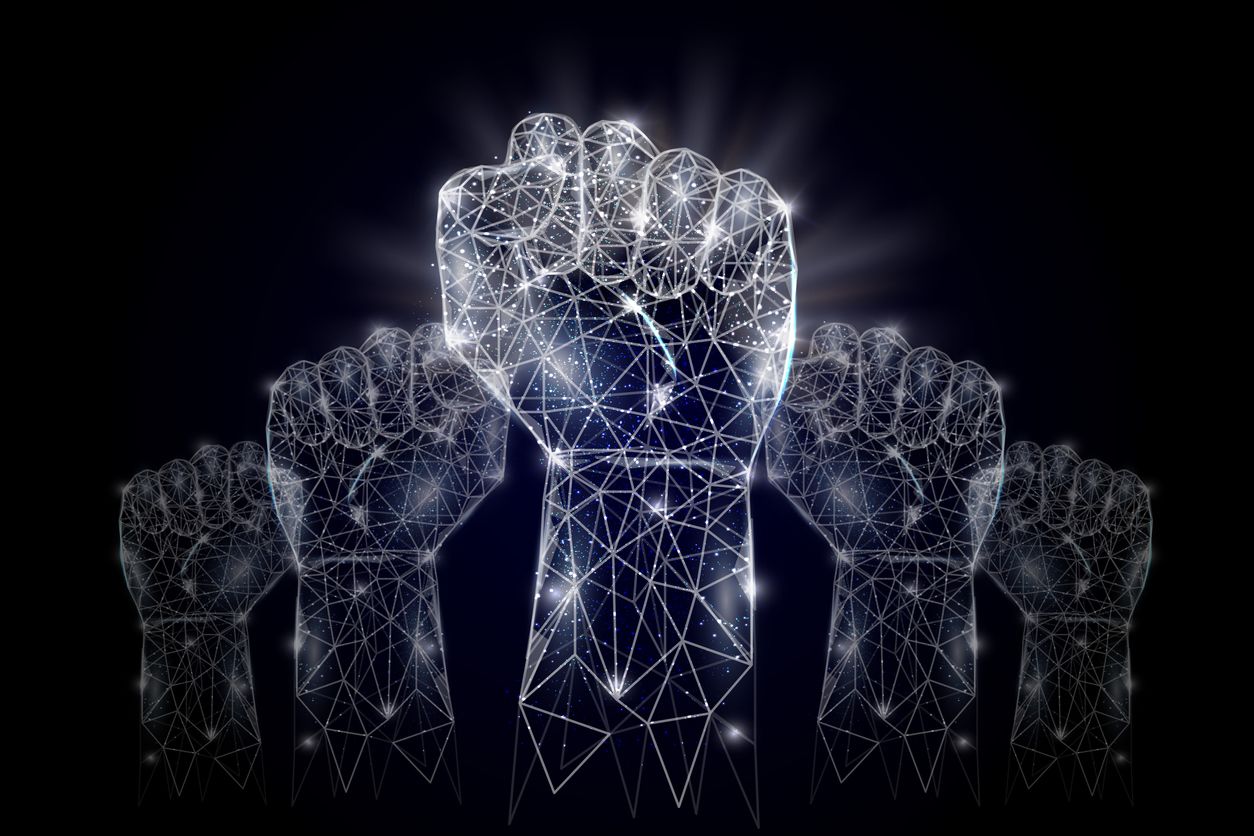
The digital divide is wide both within and between countries, measurable not just in raw basic Internet access but also cost, quality and freedom from surveillance and interference. The acceleration of digital initiatives across commerce and government, from banking to personal identity, presupposes ubiquitous access. Exclusion from the Internet increasingly results in lack of access to essential services and utilities.
Against this backdrop, the deepening of digital technology in everyday life can widen inequalities in education, health, economic opportunity, and political freedom. Internet access is now so essential for business transactions that during a shutdown, countries can lose 1.9% of their daily GDP. Students in homes without the Internet are disadvantaged when it comes to obtaining an education, particularly in regions such as sub-Saharan Africa where many schools are far away from students’ homes and around 20% of children aged 6-11 are out of school.
The divide is manifest in wealthy countries too. In the United States, areas with limited Internet access had disproportionately higher mortality rates from COVID-19. Poorer, less white areas of 38 US cities are more likely to be offered slower, more expensive deals. Black households have disproportionately lower access to computers and internet connectivity than state averages and other racial/ethnic groups; access is on average 5% lower than the state average across all states with data available. Hispanic or Latino households are also at a disadvantage. There is also a significant urban/rural divide; in 2019, an estimated 21 million people in the US lacked broadband access, 27% of people in rural areas and only 2% of people in cities.
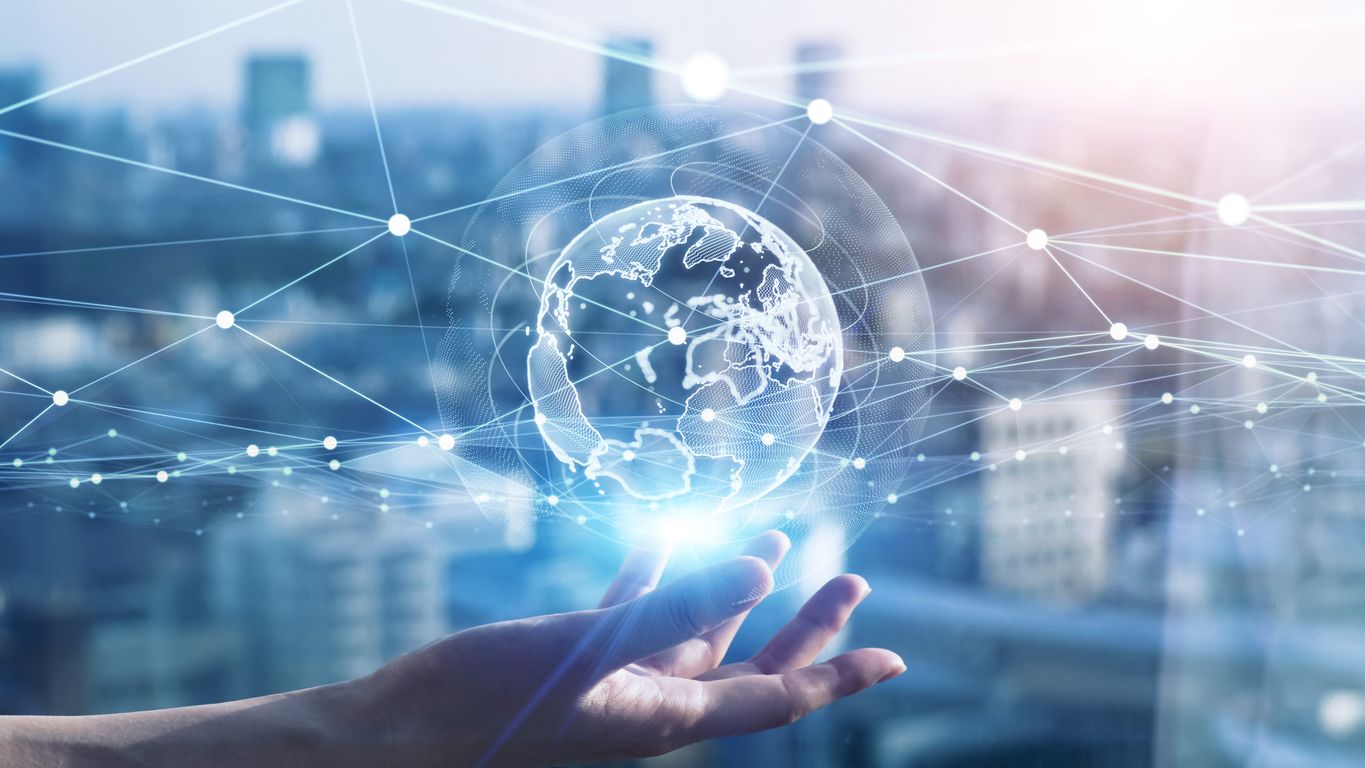

Dr. Merten Reglitz, Associate Professor of Philosophy at the University of Birmingham
Dr. Merten Reglitz, Associate Professor of Philosophy at the University of Birmingham
For Dr. Merten Reglitz, Associate Professor of Philosophy at the University of Birmingham, the Internet has become a crucible for exercising a broader range of rights and freedoms to such an extent that Internet access should, itself, be considered an indispensable human right. “The Internet is necessary for having adequate opportunities to exercise our human rights in the digital age,” he argues. Dr. Reglitz is the author of "Internet Access as a Human Right", a book forthcoming from Cambridge University Press in 2024.
Reglitz saw first-hand the political significance of unequal Internet access when asked to speak about social media at a conference in Mexico. “I was thinking about how our human rights are affected by social media, but when I was in Mexico, I became aware that as someone from an industrialised country I never really thought about how lots of people didn't even have Internet access.”
Internet access in the country is divided based on class and region; only 50.4% of the rural population has access to the internet, more than 10 million people in rural areas in 2020 did not have mobile phones, and around 55% of lower-income Mexicans are unable to access the Internet due to prohibitive costs. “I became interested in the question of what is the moral relevance of the Internet in general.”
Reglitz views free Internet access in both a logistical and political sense, meaning citizens should not be arbitrarily interfered with in the digital domain such as through state surveillance and censorship, private company data collection for unethical profit maximization, and via attacks on net neutrality, which is the principle that users control what they do and see online, not Internet providers.
Political interference in determining Internet access and content is on the rise. Internet shutdowns reached a new high in 2022 - there were 187 instances across 35 countries, including 84 in India, and 22 by Russian forces in Ukraine. People in Ethiopia’s Tigray region suffered one of the longest shutdowns ever recorded between 2020 and 2022. There have consistently been shutdowns across Myanmar since the coup in 2021. Amid a protest by Indian farmers in 2021, the Indian government blocked Internet access in several districts of the country. Additionally, 60% of India’s shutdowns in 2022 occurred in Kashmir, a region that has been the site of an ongoing ethnic conflict and political instability. Citizens in Iran have experienced intermittent blackouts in 2022 after nationwide protests over the death of Mahsa Amini, with people reportedly being unable to access WhatsApp and Instagram. The head of Instagram, Adam Mosseri, stated that he hoped Iran’s “right to be online” would be reinstated quickly.
High-income democracies are not immune from state interference either, says Reglitz. “I'm hoping to provide a lens through which to understand many of the things that are going on, be it surveillance capitalism, be it net neutrality, be it NSA and GCHQ spying on citizens, but also misinformation and conspiracy theories. They all matter in terms of free Internet access and what states, public authorities, and companies should do about these problems to keep Internet access free from unjustifiable interference.”
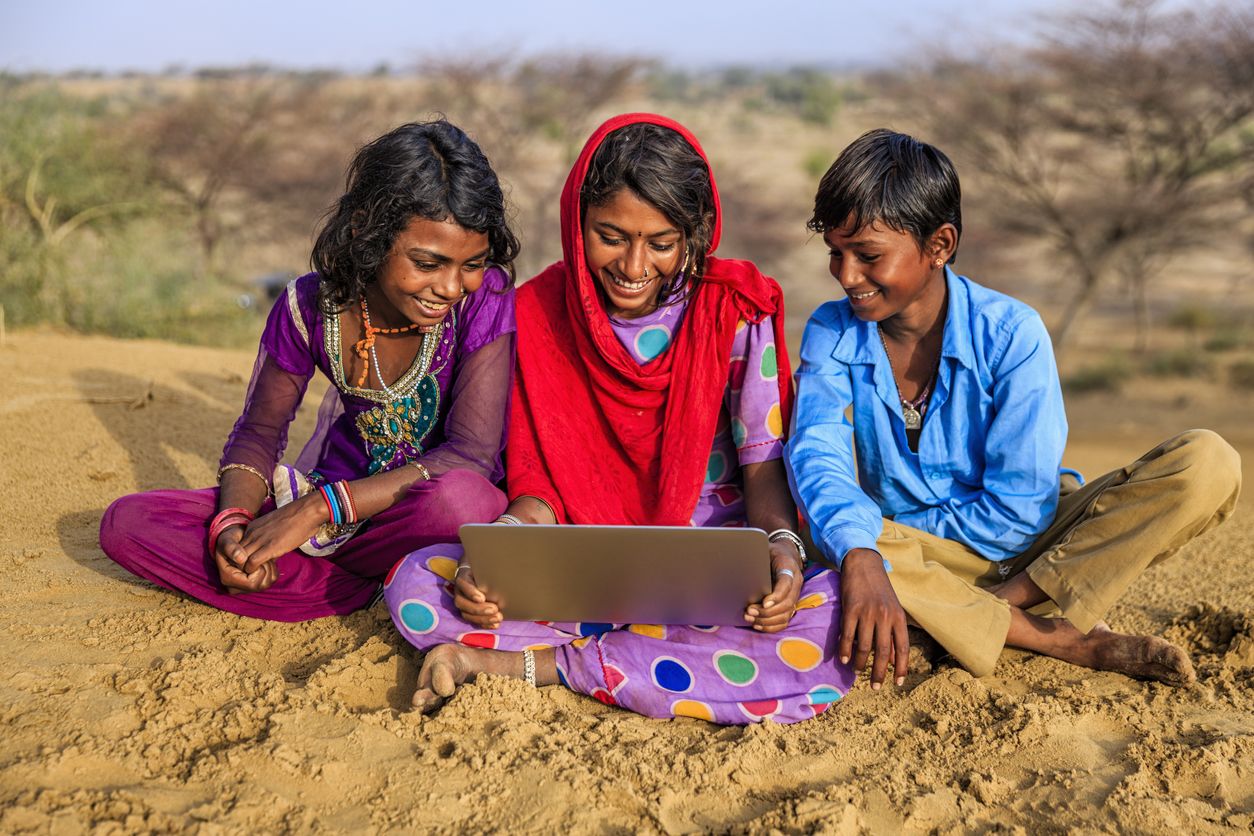
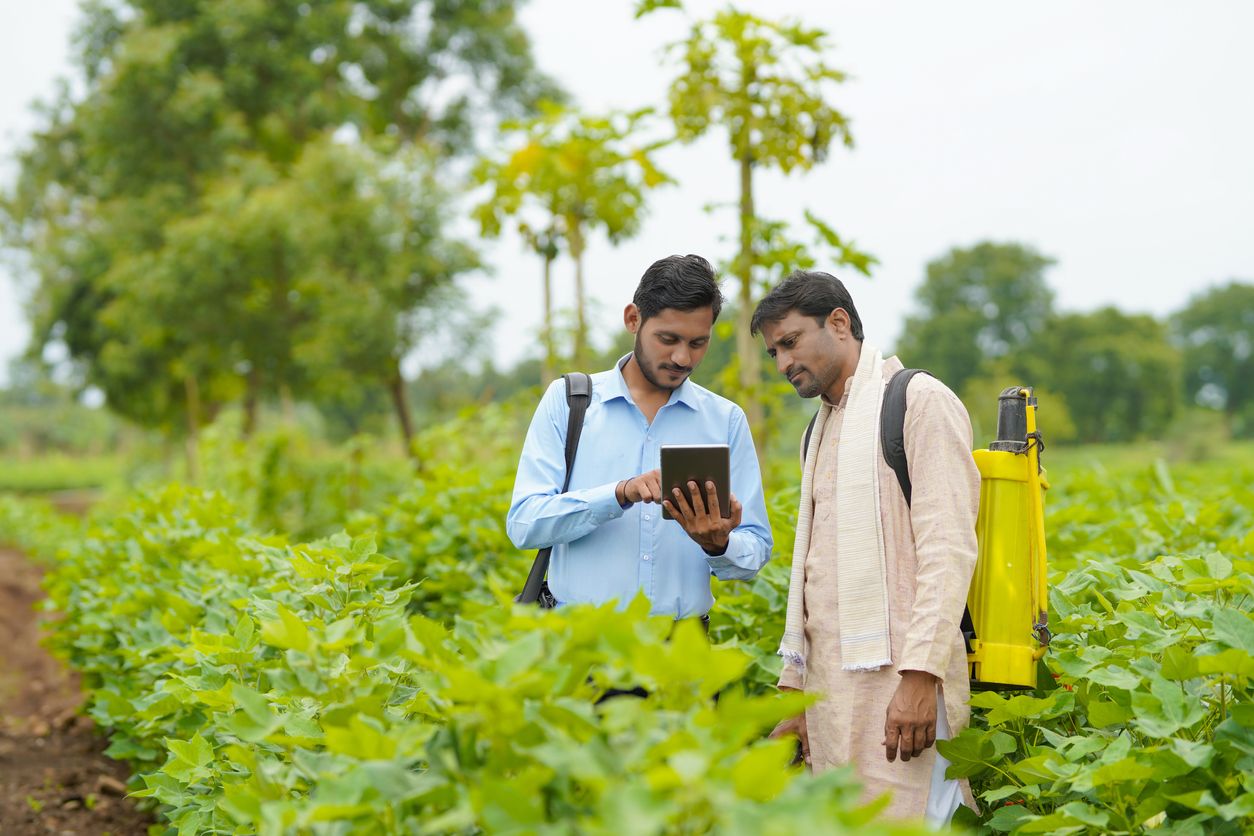
Right to other rights
Reglitz’s work builds on the ‘basic rights’ philosophy, a belief that the right to subsistence, to the necessities of life, is a precondition for the enjoyment of all other rights. Framing Internet access as a human rights issue “would give us an argumentative resource, where people could say how important it is that we have internet access. As human rights often do, it would function as a normative resource,” argues Reglitz.
There are emerging signs of formal recognition of Internet access as a fundamental right in itself. Recently, a Kerala high court ruling declared that the right to access to the Internet is a fundamental right forming part of right to privacy under Article 21 of the Constitution. The right to Internet access also forms part of the right to education, related to the case of Faheema Shirin, a college student, who alleged that she was expelled from the college for not abiding by the restrictions on using mobile phones in a women’s hostel between 6 and 10pm. The court ruled that this restriction on the use of mobile phones violated her rights.

In 2016, the UN condemned internet access disruption as human rights violation - "the same rights people have offline must also be protected online," in particular the freedom of expression covered under article 19 of the Universal Declaration of Human Rights. This ruling is often mistaken to set out human rights to Internet access, Reglitz believes. They said that offline rights should be respected online as well, which doesn't get you a right to Internet access, but it proves a willingness to discuss the right to internet access in global agreements.
Discussing the idea in forums such as the UN could help spur commitment to a free internet in sympathetic states, and it can empower activists to press for internet access. Even if not universally accepted as binding law, arguing for an internet human right can advance moral reasoning on access and support practical advocacy efforts. “If we look at democratic goods, such as an independent judiciary or public service broadcast, all of them only exist if there's public support for them and politicians are put under pressure, even in democracies.”
In the US, the Biden administration has taken action on digital inequality, mainly through an economic rather than a human rights lens. The 2021 infrastructure law allocated over $42 billion to expanding high-speed internet access. States and territories will use this funding to run grant programs. The law also includes $14.2 billion for the Affordable Connectivity Program, aiming to provide low-income households with up to $30/month off their internet bill and $100 to a new device. 19 million Americans were enrolled in this program in 2022. The White House has stated that high-speed internet “is necessary for Americans to do their jobs, to participate equally in school, access health care, and to stay connected with family and friends”, but has not gone as far as to describe it as a right.
Reglitz strongly advocates for Internet access to become a right in itself, rather than be folded into an existing right, like free speech. “It wouldn’t do justice to what the Internet really does. It can’t be reduced to two or three rights, because it affects almost all of our rights. Internet access, like literacy which is a recognised human right, gives us as human beings access to a particular sphere of social reality, which in this case is cyberspace. It doesn’t just enable free speech, it’s its own domain”. Recognizing an international human right to internet access would provide an argument for global assistance to achieve universal connectivity.
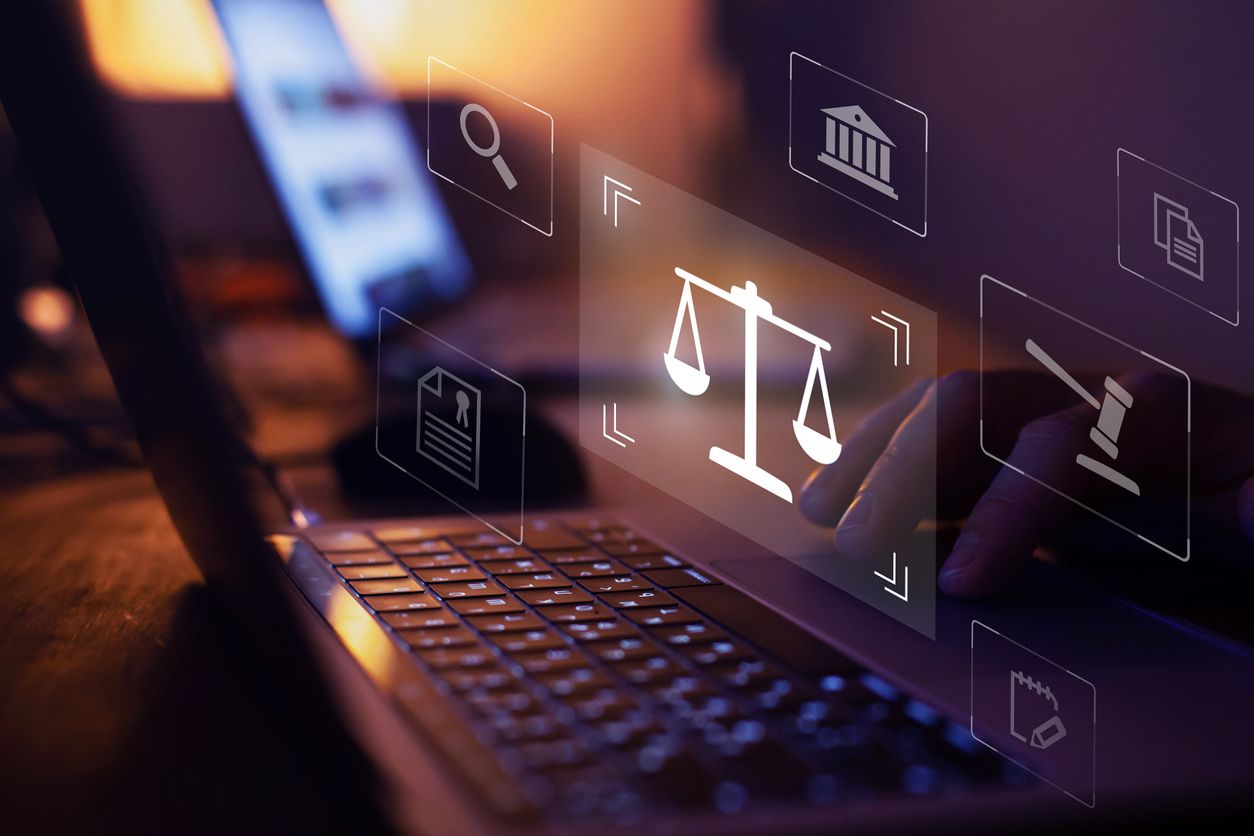
This content was paid for and created by The University of Birmingham. The editorial staff of The Chronicle had no role in its preparation. Find out more about paid content.



